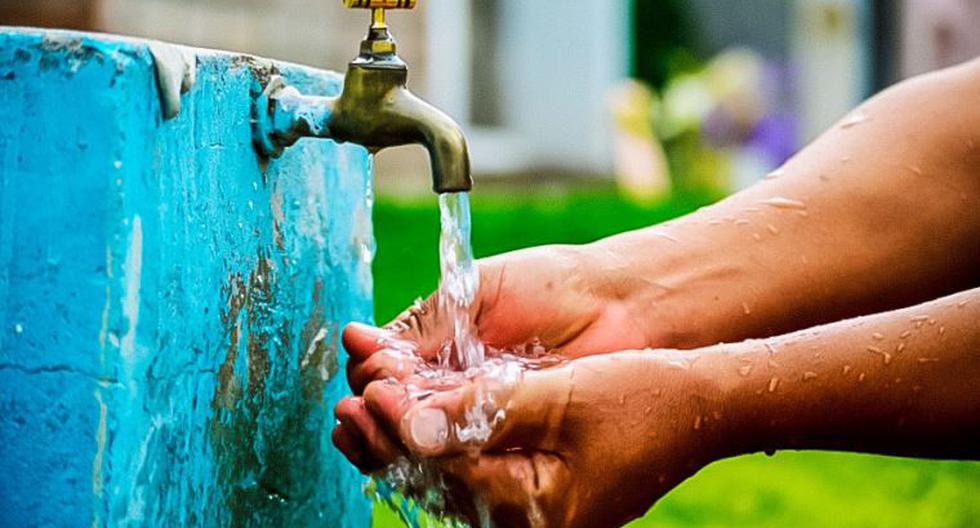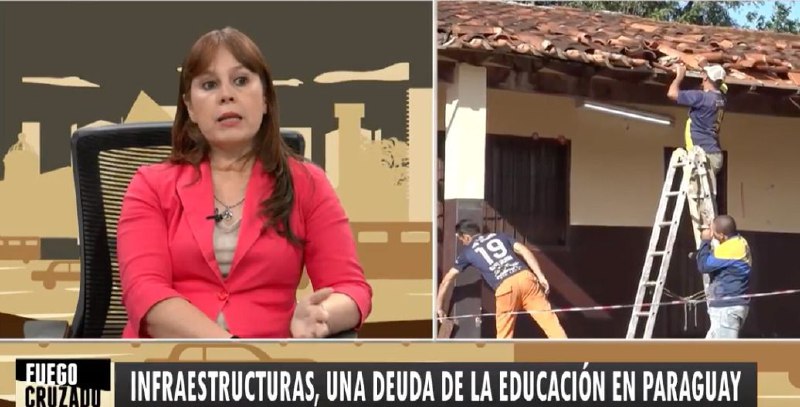During the summer, the consumption of drinking water increases due to the increase in heat, the Technical Organization of the Administration of Sanitation Services (Otass) provides advice so as not to waste vital liquid and promote its appreciation and care:
- Shower for no more than 5 minutes and turn off the tap while you lather up or shampoo.
- Avoid playing carnivals with water. You can do it with streamers, talc, costumes or dances, without excesses.
- Close the pipe while you lather your hands.
- Use a glass of water to brush your teeth and turn off the tap while you do it.
- Use the full load of the clothes washer. If you wash by hand, close the spout when you don’t need it.
- Close the general key of your house slightly. You will not notice a big difference in service pressure and you will save a significant amount of water daily.
- Use buckets of water to clean floors and facades or wash the car. Don’t use hoses.
- Water the garden once a week and with reused water. Do it at night because during the day the heat makes the water evaporate faster and it is necessary to water more frequently. Use buckets and avoid using hoses.
- Periodically check and repair the faucets and pipes in your home in a timely manner to detect leaks and leaks.
- Avoid wasting water in swimming pools. If you fill one, don’t throw the water on the track, use it to clean floors or water gardens.
Responsible use is necessary
The World Health Organization (WHO) recommends using 100 liters of water per person daily to meet both consumption and hygiene needs. However, the average urban consumption in some districts of Lima reaches an average of 250 liters per day. In this context, the irresponsible use of drinking water has a negative impact on the quality of life of thousands of people.
Making the water resource drinkable and making it reach the houses implies large investments by the State and the companies that provide sanitation services (EPS). Their waste prevents access to the service in many critical areas of the country. In addition, the inappropriate use of drinking water generates unnecessary increases in the billing of the service.
The Otass, technical executing arm of the Ministry of Housing, Construction and Sanitation, temporarily manages 18 EPS through the Transitory Support Regime (RAT), providing them with technical and financial assistance in order to refloat them; strengthens the business management of another 30 companies providing municipal shareholding; and provides services in Tumbes through the Executing Unit 002 Agua Tumbes.

















